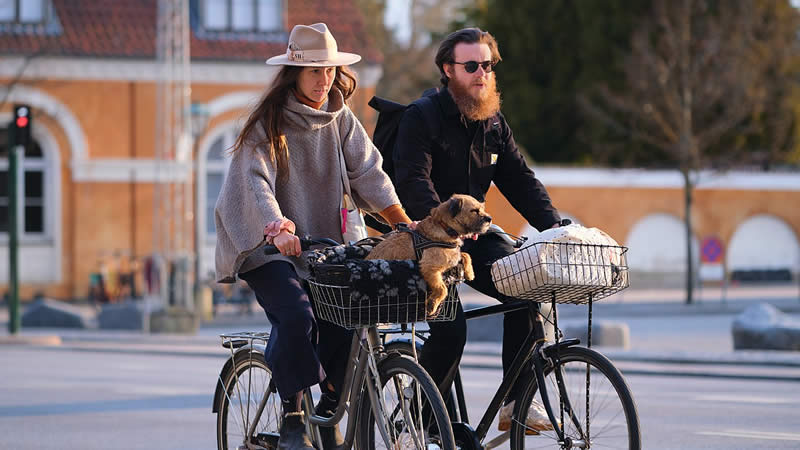Young couples showing off their great ‘double-income, no-kids’ lifestyles, but they are also receiving harsh criticism. Here are the pros and cons of being a DINK
Ness Baker and her husband were recently called DINKWADs in a viral video that showed the couple shopping, relaxing in bed, and enjoying the outdoors. The TikTok video had over 10.3 million views and sparked intense controversy.
However, not everyone who saw the movie was taken by the concept of choosing not to have children. “Good luck dying alone at 60 to 70 with no kids or grandkids to take care of you,” one viewer said, which earned over 5,000 likes.
The DINK way of life isn’t for everyone. And, while there are many aspects to consider while deciding whether or not to have children, here are the financial implications of both options.
Higher income and savings potential
The most obvious advantage of the DINK lifestyle is having fewer financial responsibilities. Forget about the budget for food, additional health care, child care, education expenses, Christmas and birthday celebrations, and so on. You can probably live in a smaller and less expensive home, or at the very least, you won’t have to worry about good school districts in the neighborhood.
This should provide you more leeway in your budget for pleasurable things like dining out or traveling, as well as for saving.
You may use this time to start some decent retirement savings if you plan and budget properly.
Lack of support as you age
However, you may need all of that additional money to save for future expenses. One of the most compelling arguments against raising children is the lack of built-in social support that many older Americans rely on as they age.
Going it alone comes at a cost for some. According to a 2018 Census Bureau research, while older childless persons have a larger median personal net worth than older parents, they also have a higher poverty rate.
Essentially, while there are many rich DINKs, there are also an significant number that are financially disadvantaged.
Unfortunately, there is no way to predict which circumstance you will end up in because other factors that contribute to this disparity.
More flexibility in your career
You may be missing out on many job chances if you are not a caretaker. You will not need to take parental leave or leave work early to pick up your children from school.
This might lead to better job satisfaction, a higher compensation, or promotions in the future.
And your time outside of your regular 9-to-5 will be far more flexible, making it easy to pursue a hobby, side hustle, or even earn passive money.


